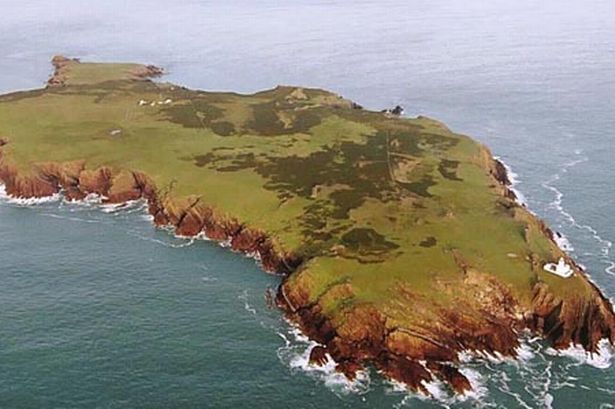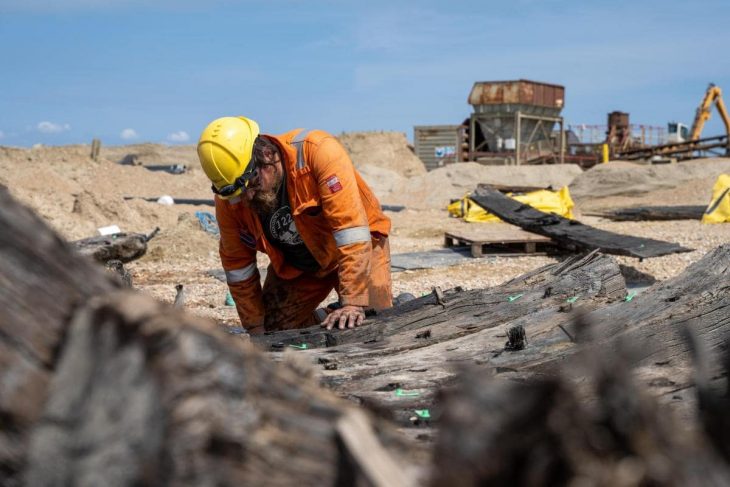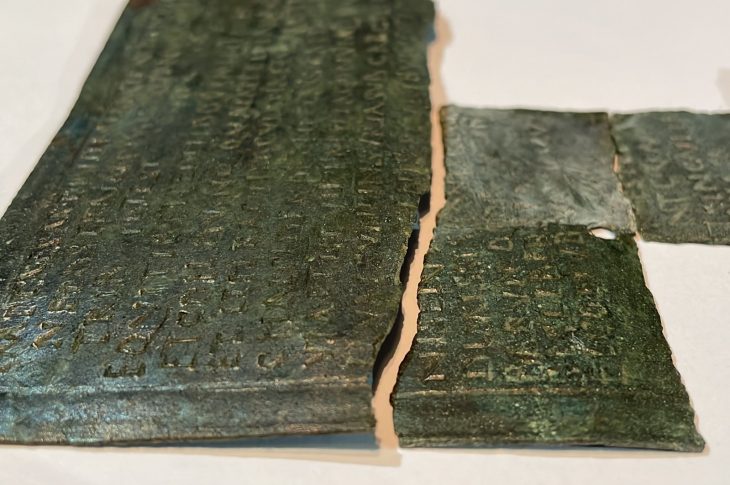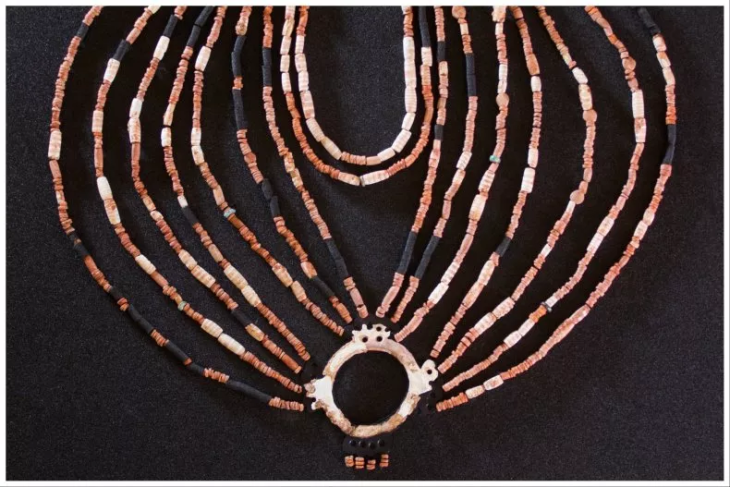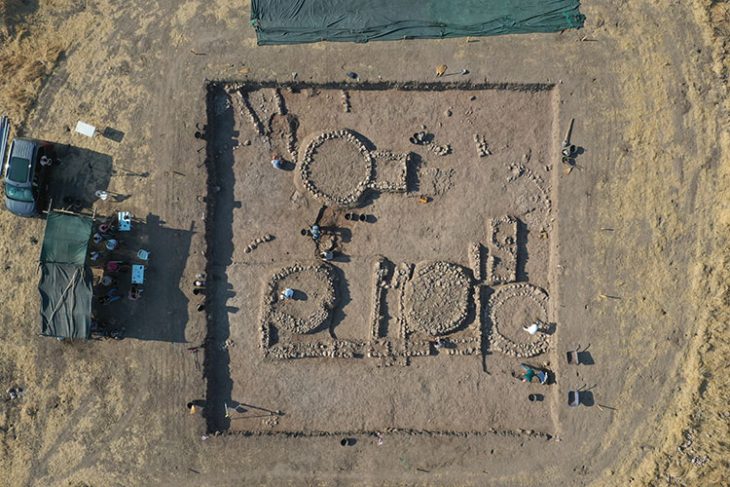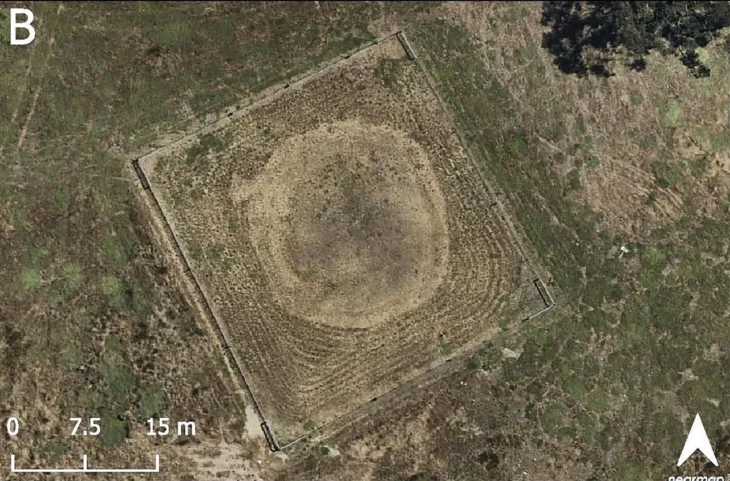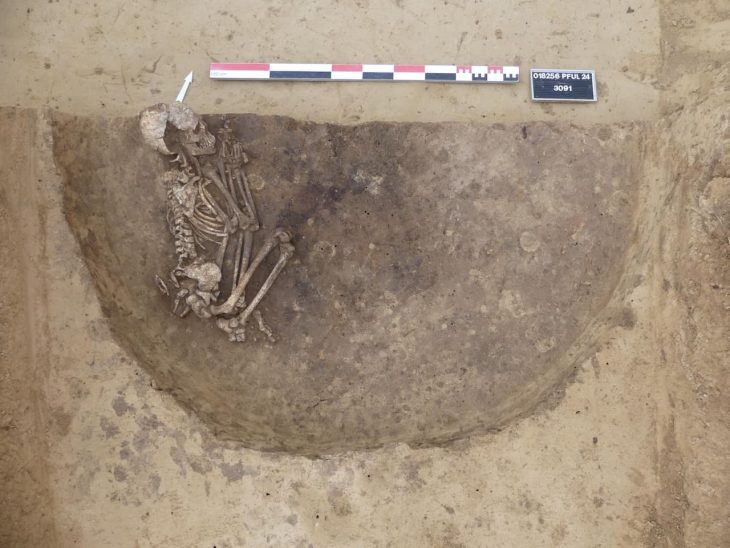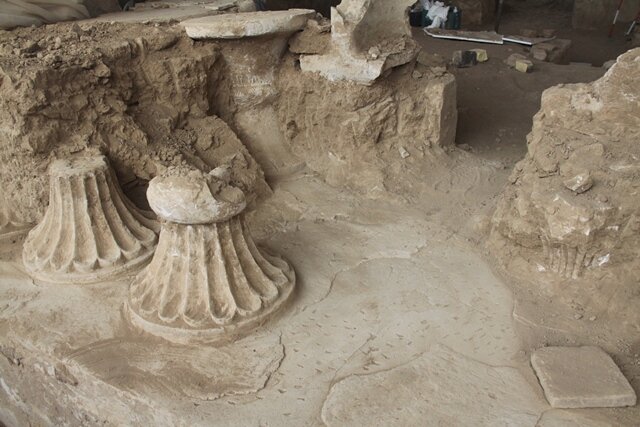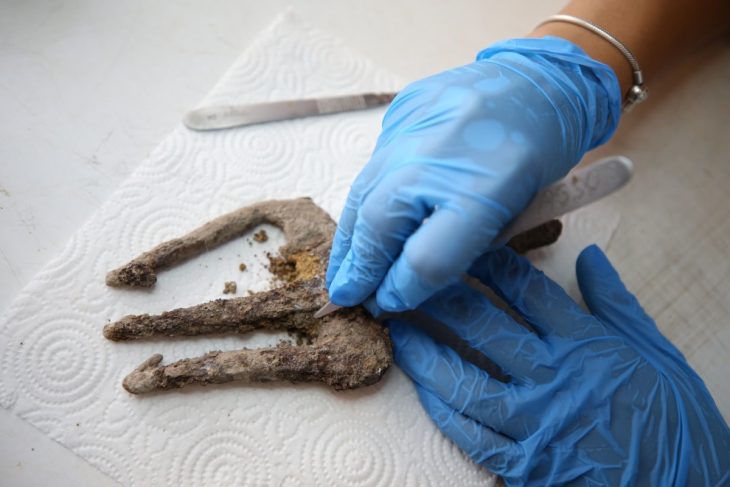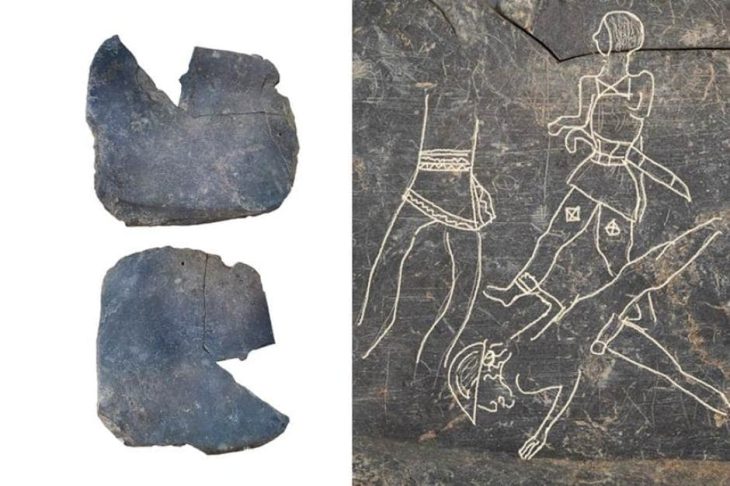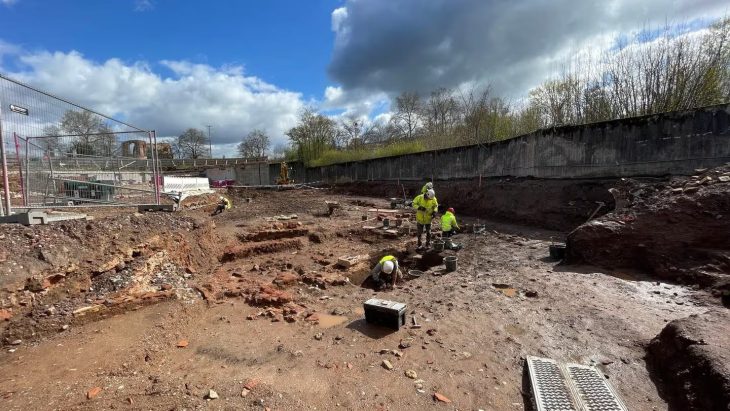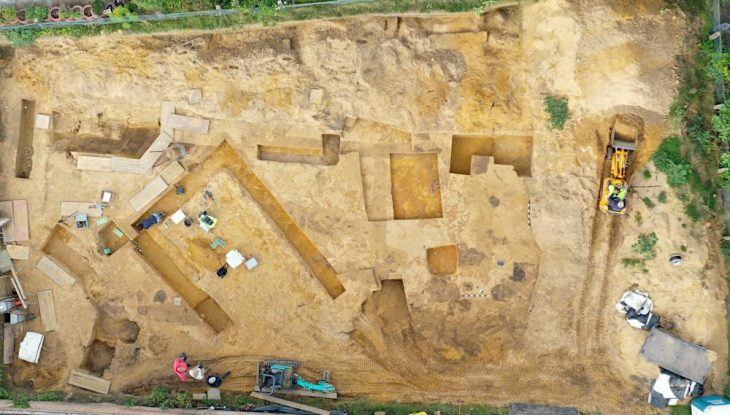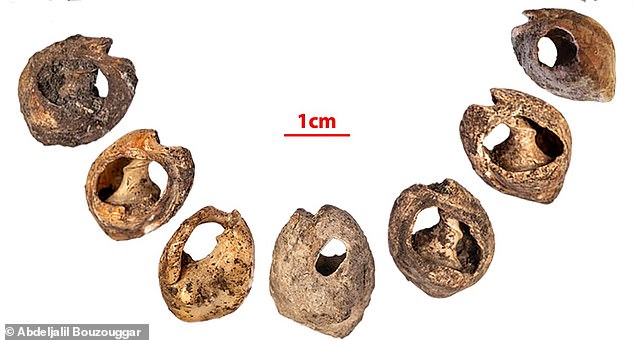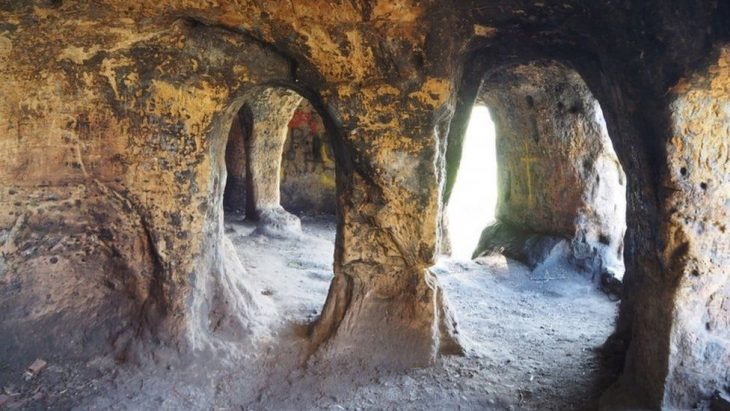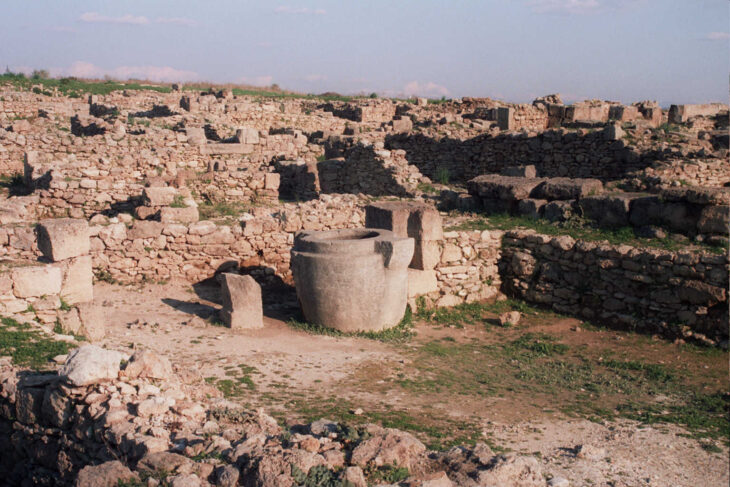New discoveries dating back 9000 years have been found in Skokholm, located in the Celtic Sea two miles off the southwestern Pembrokeshire coast. Researchers think these discoveries will change the history of the island.
Wardens Richard Brown and Giselle Eagle, currently alone on the closed island, picked a smooth rectangular stone from a rabbit hole near the island hut earlier this month.
According to the news of Western Telegraph In, Dr. Andrew David, an expert on prehistoric stone tools, said:
“The photos were clearly of a late Mesolithic (Middle Stone Age) beveled pebble, a tool thought to have been used in tasks like the preparation of seal hides for making skin-clad watercraft, or for processing foods such as shellfish, among hunter-gatherer communities some 6,000-9,000 years ago.
“Although these types of tools are well known on coastal sites on mainland Pembrokeshire and Cornwall, as well as into Scotland and northern France, this is the first example from Skokholm, and the first firm evidence for Late Mesolithic occupation on the island.”
📣 Our WhatsApp channel is now LIVE! Stay up-to-date with the latest news and updates, just click here to follow us on WhatsApp and never miss a thing!!
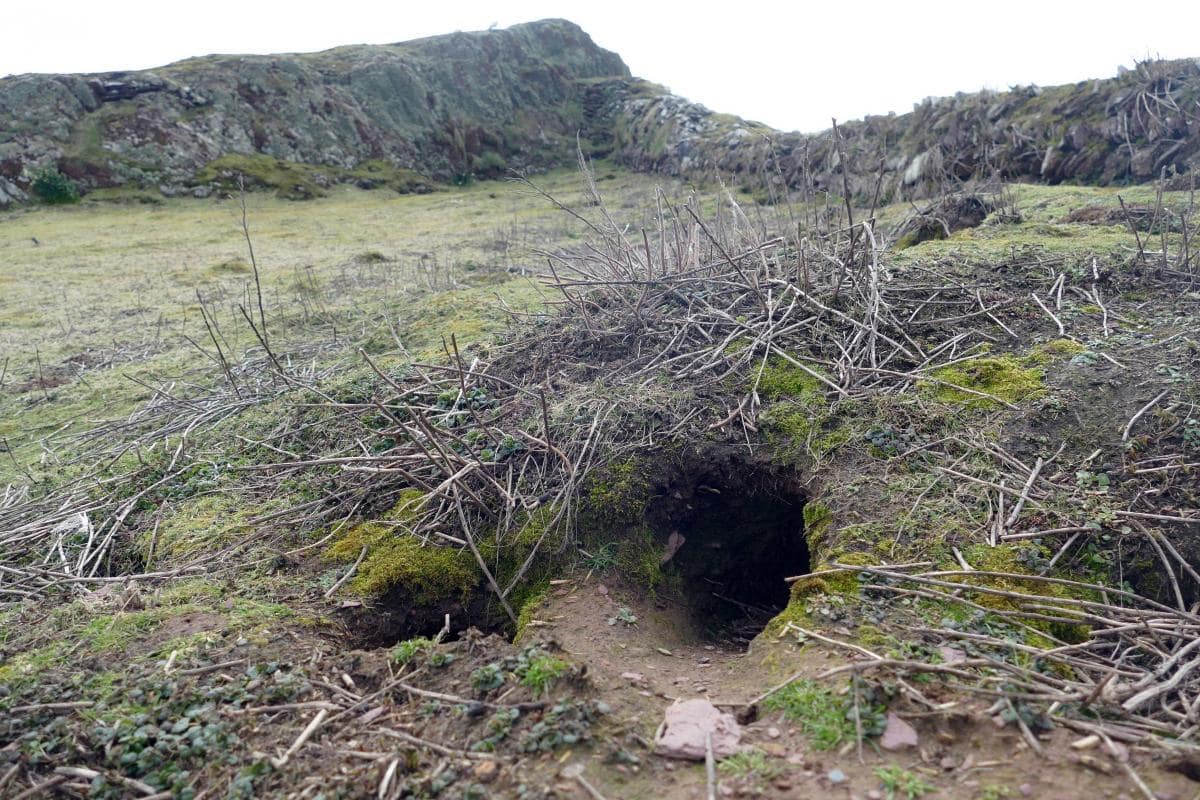
He added: “To find an example on Skokholm is exciting.”
In addition to finding a second Mesolithic stone tool the next day, Richard and Giselle also noticed large pieces of coarse pottery being thrown out of the same rabbit hole.
Jody Deacon, curator of prehistoric archaeology at Amgueddfa Cymru – National Museum Wales, noted the fragment from a thick-walled pot with incised lines to likely be the rim of an Early Bronze Age vase urn, an item associated with cremation burials.
These pots, which are about 3750 years old, are unusual for West Wales. This type of pottery was first found on the island of Pembrokeshire.
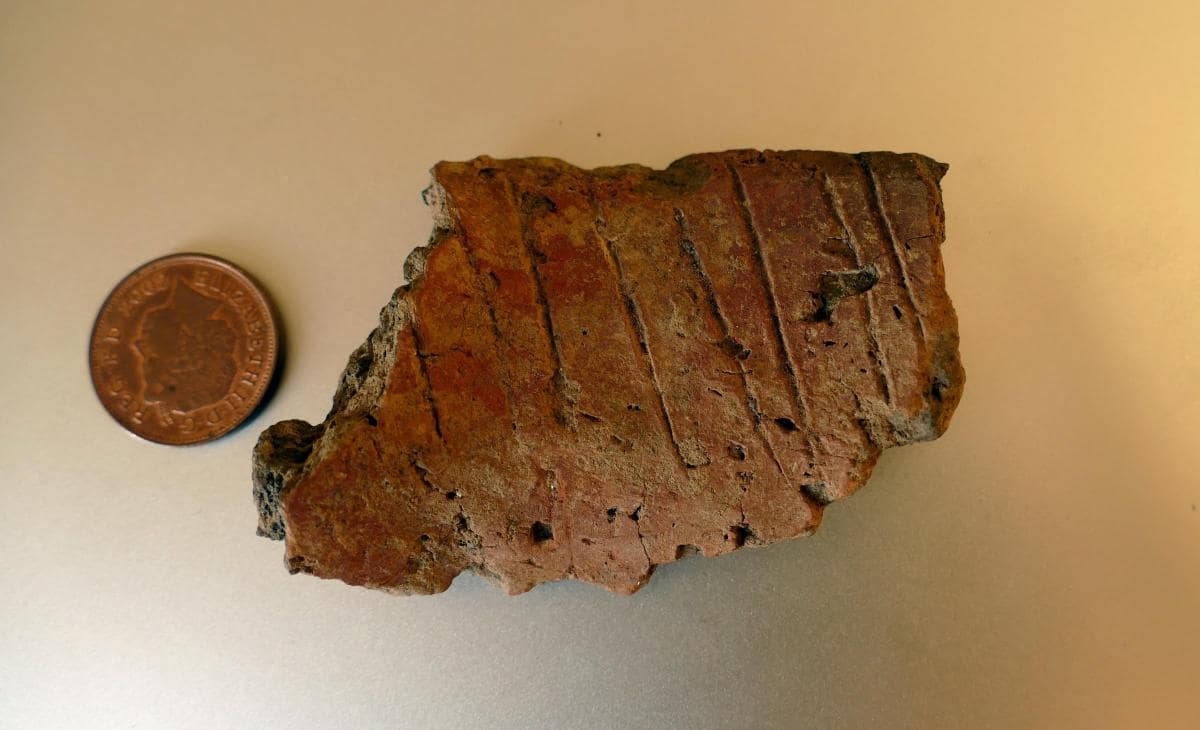
Dr. Toby Driver and Dr. Louise Barker of the Royal Commission of Wales conducted archaeological investigations on the nearby islands of Skomer, Grassholm, and Ramsey.
Experts have plans to visit Skokholm with other experts in late 2021.
Dr. Toby Driver said: “We know from past aerial surveys and airborne laser scanning by the Royal Commission that Skokholm has the remains of some prehistoric fields and settlements, though none has ever been excavated.
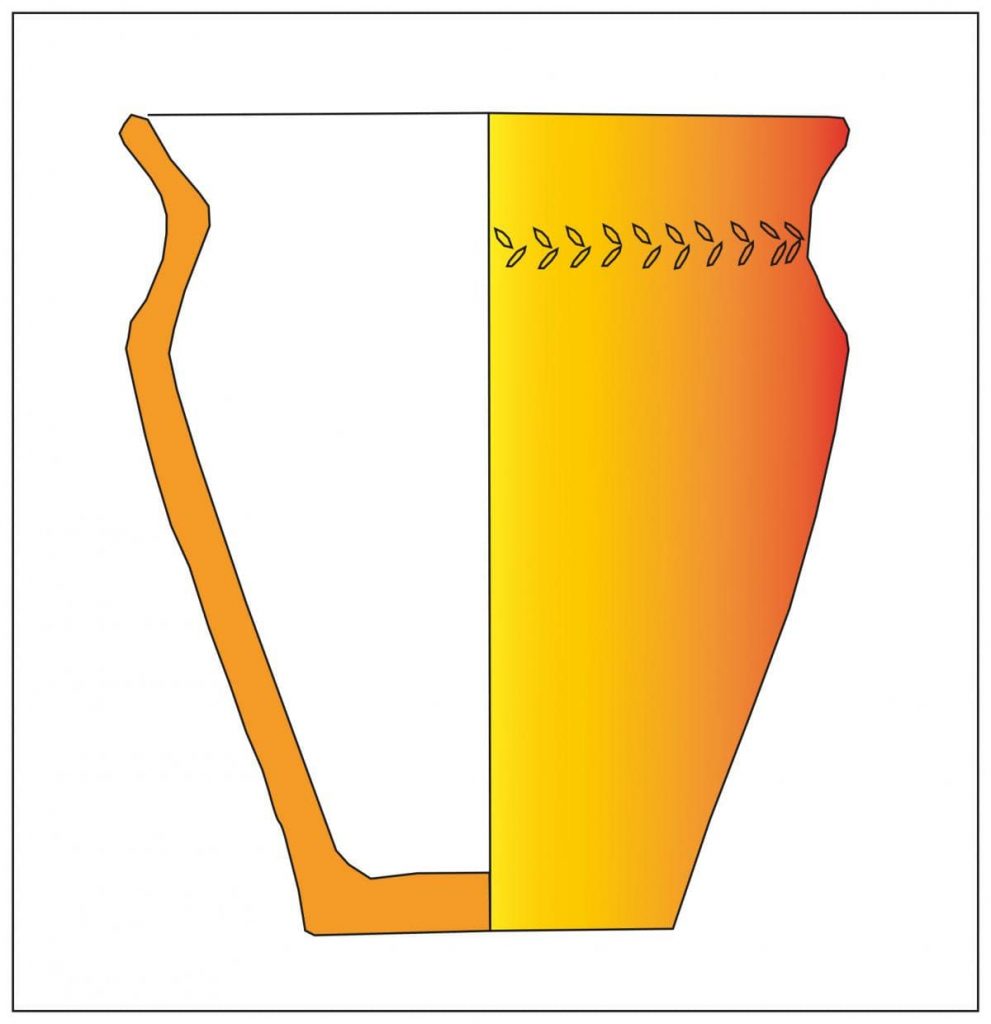
“Now Skokholm is producing some amazing prehistoric finds. It seems we may have an Early Bronze burial mound built over a Middle Stone Age hunter-gatherer site, disturbed by rabbits. It’s a sheltered spot, where the island’s cottage now stands and has clearly been settled for millennia.
“Thanks to the sharp eyes of the wardens we have the first confirmed Mesolithic tools and first Bronze Age pottery from Skokholm. To date, we have nothing similar to the larger islands of Skomer or Ramsey.
“Despite lockdown, the Skokholm wardens have been able to share detailed photographs and videos of their daily finds with experts around Wales. It means we can all share in the excitement of these new discoveries.”
It seems that the island of Skokholm will continue to surprise us in the coming days. With its long, sandstone cliffs and wild scenery, Skokholm has its own charm, and this island can enchant people also with its history. We look forward to developments.
Source: Western Telegraph

